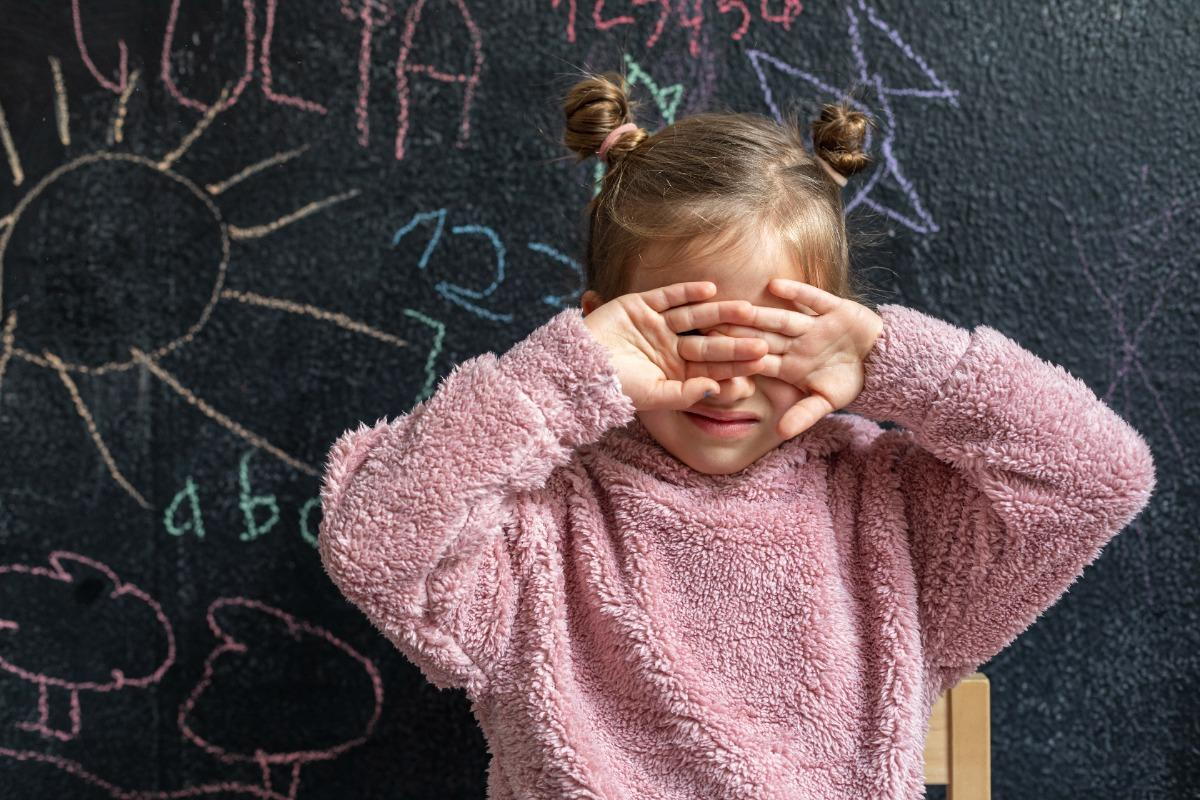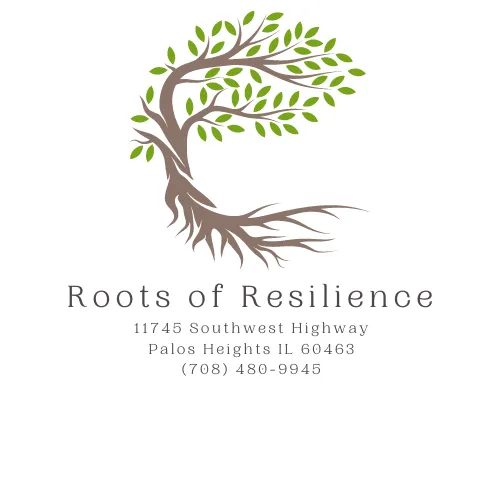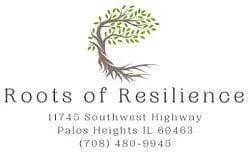Is My Child Anxious? Spotting the Signs of Anxiety in Kids

Stress, anxiety, worry, fear; as adults we know how these feel and how we physically react to these uncomfortable feelings. Our patience can be shorter, we may become forgetful, experience frequent headaches, muscle tension or stomach discomfort. Have you ever thought of how those feelings are displayed and felt in young ones?
Anxious feelings in kids is often displayed differently than in adults; especially in how they react and respond to these feelings. When faced with a situation that a child perceives as scary or anxiety provoking, their reactions to this can range from tantrums to avoidance to emotional shut down/withdrawal.
You may be asking yourself “What is something that would cause a kid to feel anxious?” Many common themes of anxiety with kids revolve around weather events, test taking, the dark, meeting new people, going to new places that are unfamiliar, throwing up, getting sick and making mistakes to name a few. All these themes have one universal thread; they involve the unexpected. Kids often find the unexpected to be challenging and will often convey the message via their reactions that they can’t handle it. Reactions of crying, tantrums, avoidance, opposition and in flexibility can all point to signs that your child is feeling anxious.
Of course signs of anxiety look different across age groups. Younger children tend to communicate anxious feelings with crying, tantrums, becoming emotionally dysregulated and clinginess. Adolescents and teenagers will engage in avoidant behavior, withdraw from family and friends or become irritable or easily agitated.
If you notice some of these signs of potential anxiety in your child or teen, ask them how they’re feeling, if they feel nervous, worried or scared about anything, how intense are those feelings, is this a feeling they experience more often than not? If your child or teen is showing frequent and intense reactions to potential anxious feelings, setting up an appointment with a child and adolescent therapist can also help. This type of therapist, who specializes in working with this population, can help teach your child how to manage and take charge of those feelings, as well as support you as the parent in the process.
Armed with the right tools and strategies, kids can tap into their own power and take charge of their anxious feelings!


